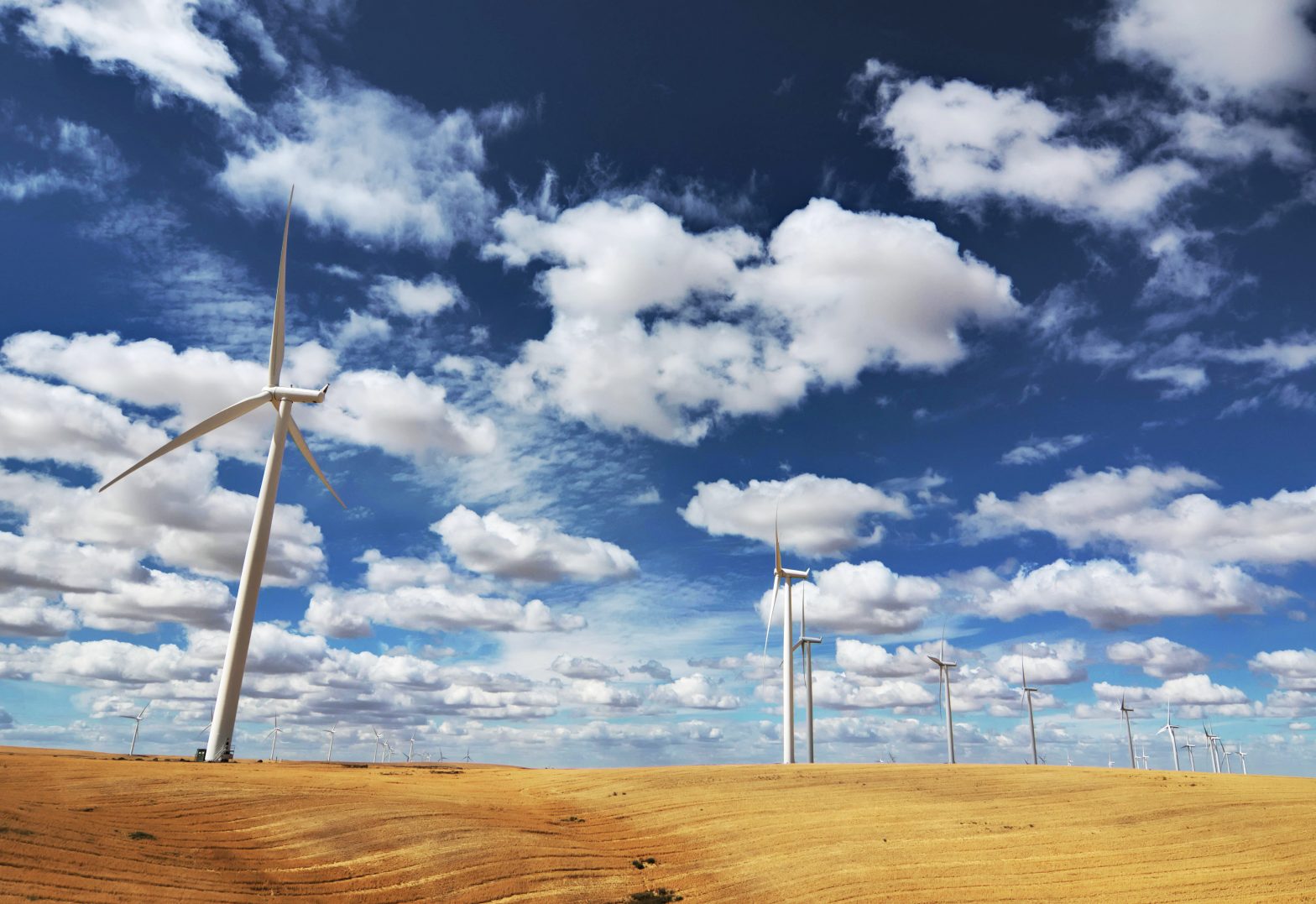
Photo: 16103534130_ec2dec6864_o
How electricity use is declining despite economic growth
11 August 2016
This is the second instalment of a four-part series of posts on utility transformation by Marcus Törnqvist, Head of Utilities Northern Europe and Central Asia at Ericsson (@MarcusTqvist)*
It seemed logical that if we produce more and earn more, we’ll consume more energy (not only electricity). Scientists documented, over and again, that a higher electricity consumption per capita has a strong correlation, not only to social development indices, such as infant mortality rate and maternal mortality, but also to economic indices, such as GDP.
The correlation was, not surprisingly, argued by scientists to be stronger in developing countries, even if there was a proven correlation also in Europe. Then things started to change: energy efficiency became a must in industries and households alike, consumer awareness rose, so did technical evolution and the share of renewable energy generation. These changes were driven partly by political agendas and societal factors, as well as the climate debate.
So, is it working? Are modern regulatory schemes and political agendas having a noticeable positive effect on the correlation between the growth of GDP and energy consumption? Well, I guess so because:
Fact #2 – We have economic growth, even as the use of electricity is declining!
Europe always strived to decouple economic growth from increased use of electricity and energy in order to decrease greenhouse gas emissions and reach the 2-degree target. The fact is that starting from 2001, we have experienced economic growth in Europe while the use of electricity and energy has been more or less flat.
Looking at the numbers, it’s evident that in recent years we can see that the use of both energy and electricity is decreasing. And the estimate is that even if we electrify the transport sector and heating, we will still decrease overall usage of electricity in Europe. Utilities can’t expect that demand will increase in the upcoming 10 to 20 years.
Electric energy will be in surplus–keeping down the price of electricity
Old power generation methods, based on nuclear and fossil fuels, are slowly being phased out, but there is still an expectation that we will have a surplus of electric energy supply in Europe – partly fueled by subsidies to build new power generation based on renewable energy sources.
Given the flat or even decreasing demand of electric energy, the expected surplus of supply and the low prices of electricity, there is really no obvious signs of an automatic way back out from the financial stress that the industry is in right now. The utility industry cannot expect better times just because the rest of the society is having economic growth and possibly an economic upturn.
What does the future bring?
Transformation often takes more time than most people anticipate, but the pace of change in the industry will most likely accelerate. But before looking into what possibly could be done and what we can expect, I will give you two more facts, and in the next instalment I will look at Fact 3 – The decarbonisation agenda speeds up.
To learn more about this topic, you can download the IDC report from the IDC Summit, Shaping a new utility battleground in the era of IoT.
* This post orginally appeared on Ericsson’s The Networked Society Blog















